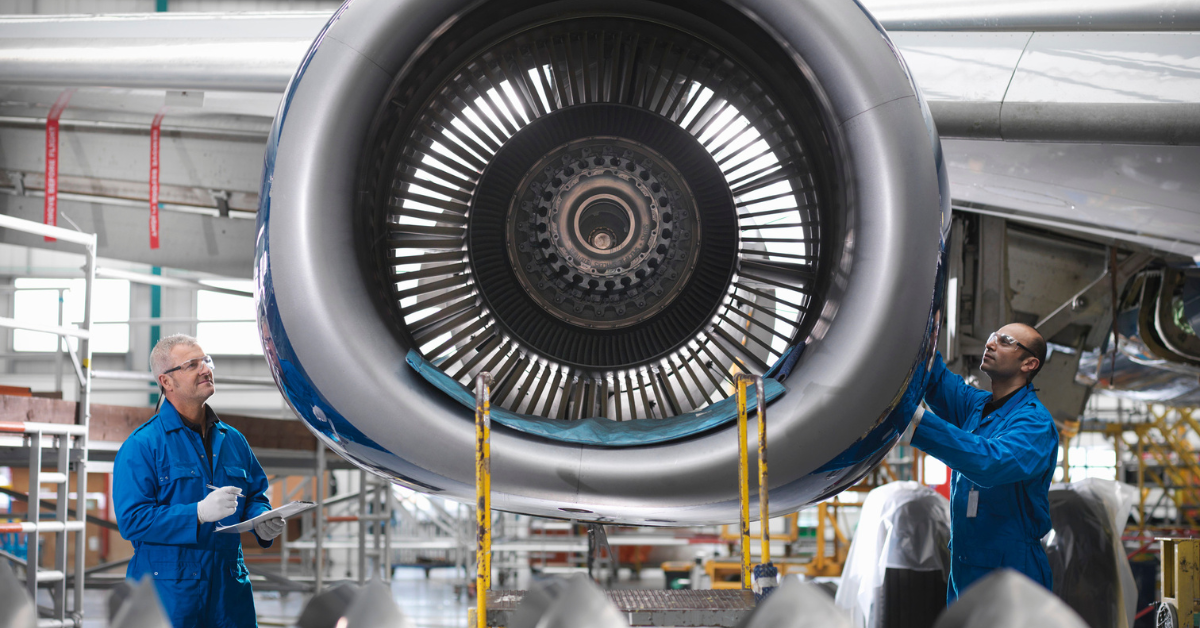
Powering Renewable Energy Systems
Renewable energy systems heavily rely on chips to convert and manage power. From solar panels to wind turbines, these chips enable efficient energy conversion and maximize the output of clean energy sources. They are the backbone of the electrical grid, ensuring that energy flows smoothly and minimizing waste.
Driving the Shift to Electric Vehicles
In transportation, semiconductors are driving the shift toward electric vehicles (EVs). Applications like robotics and autonomous guided vehicles (AGVs) are becoming increasingly common in warehouses and distribution centers. These technologies rely on semiconductor-based systems to monitor and control asset movement, leading to improved efficiency and reduced environmental impact.
Manufacturing in the IoT Era
Even the manufacturing sector is experiencing the positive effects of semiconductor chips. The Internet of Things (IoT), enabled by these chips, is transforming production processes, increasing productivity, and reducing energy consumption. Smarter electric tools powered by semiconductor chips are improving worker safety and optimizing resource usage, making manufacturing more sustainable.
Environmental Challenges in Semiconductor Manufacturing
However, it’s important to acknowledge that the manufacturing process of semiconductor chips has its own environmental challenges. The production of these chips consumes significant amounts of energy, water, and chemicals. It also generates greenhouse gas emissions and poses risks if not managed properly.
To address these concerns, chip manufacturers are actively working towards enhancing sustainability in their operations. They are implementing measures to reduce water usage and adopt cleaner production systems. Transitioning to renewable energy sources and phasing out greenhouse gases are also on their agenda. Furthermore, research is ongoing to find alternative materials that are more sustainable and less resource-intensive.
A Collaborative Approach for a Sustainable Semiconductor Industry
The sustainability of the semiconductor industry goes beyond individual efforts. It requires collaboration across various sectors, including policy, innovation, and business strategy. Governments can play a crucial role by incentivizing sustainable practices and supporting research and development in greener semiconductor technologies. Collaboration between chip manufacturers, technology companies, and environmental organizations is also vital to drive collective action towards a more sustainable future.
In Conclusion: The Indispensable Role of Semiconductors in a Green Future
In conclusion, semiconductor chips are vital for developing clean energy technologies and moving towards a greener and more sustainable future. They help convert and manage power in renewable energy systems like solar panels and wind turbines, making them more efficient. These chips play a crucial role in electric vehicles, logistics, and manufacturing, reducing our reliance on fossil fuels.
While the manufacturing process of semiconductor chips has some environmental challenges, efforts are underway to make it more sustainable. Companies are working to reduce water usage, adopt cleaner production methods, and explore alternative materials. Collaboration between governments, chip manufacturers, and environmental organizations is important to achieve broader global environmental goals.




























